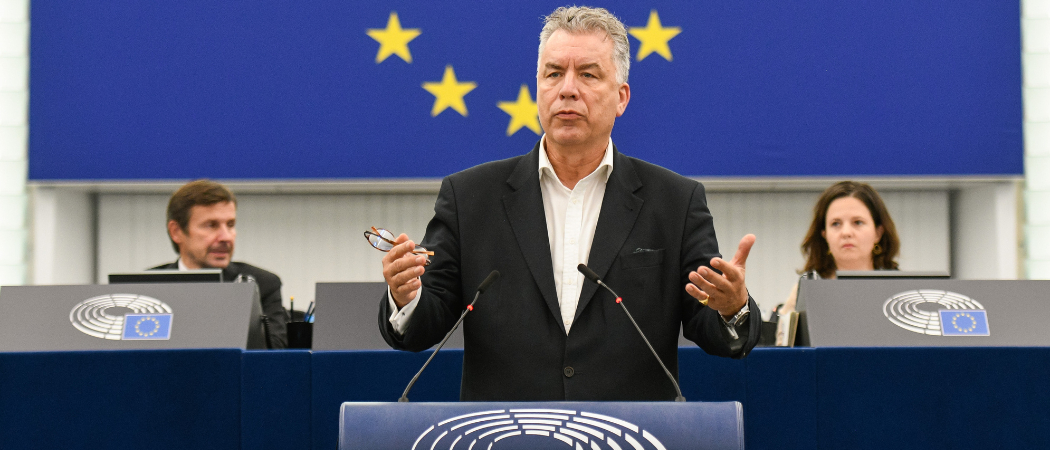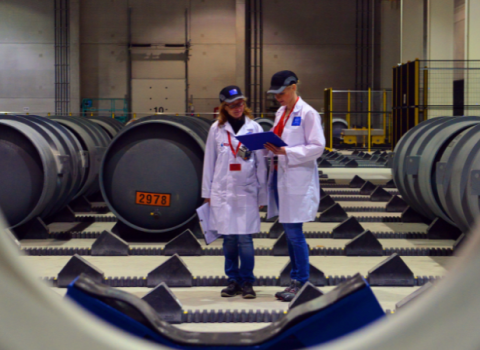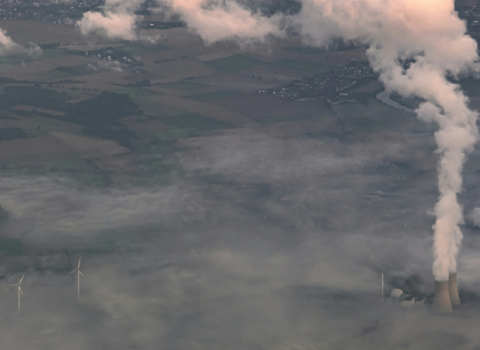In a Parliament debate last week, the leadership of ITER gave a fraught assessment of the issues plaguing the international fusion project. Some MEPs are warning the project’s survival is at risk

MEP Christian Ehler. Photo: Christian Creutz / European Union
The leadership of ITER should join forces with the European Parliament and come up with a communication on fusion, to ensure the large research project survives upcoming budget fights, German MEP Christian Ehler said in a hearing in the Parliament’s industry and research committee (ITRE) last week.
“It's high time for […] a communication on fusion, because otherwise the project stays obscure, not well understood, [and] complex,” Ehler warned the leaders of the ITER project, the Fusion for Energy joint undertaking, and the director general of the Commission’s directorate for energy.
The three had been invited to ITRE to give MEPs an update on the project and the obstacles it is facing.
ITER project was set in motion 38 years ago following a summit in Geneva between US president Ronald Reagan and Mikhail Gorbachev, president of the Soviet Union, to demonstrate the use of nuclear fusion in producing carbon-free energy. The other founding members are the EU, Japan, China, India and South Korea.
The project started in 1998, but construction on the site in Cadarache, France did not begin until 2007. A tokamak, the machine that confines plasma using magnetic fields, is now being built, but several management and scientific hiccups over the past few years, along with growing geopolitical tensions among founding countries, could delay its delivery.
Pietro Barabaschi, director general of the ITER organisation told MEPs the project is in a very complicated situation, with construction contracts facing significant delays and cost overruns. Internally, the project has also lost competence in several key areas in systems engineering and staff are losing motivation due to “unachievable objectives”. In addition, “we had a very significant loss of trust with French Nuclear Safety Authority (ASN) due to a loss of quality culture,” Barabaschi said.
Barabaschi was appointed in September 2022, after the death of previous director Bernard Bigot in May 2022. He told MEPs that the ITER project will undergo significant organisational changes and is now in the process of restoring trust with ASN.
Marc Lachaise, director of Fusion for Energy, the joint undertaking that is responsible for the EU’s contribution to the ITER project, said the challenges cannot be denied, but is optimistic about the success of the project. “I have the personal conviction that by working together in Fusion for Energy and with ITER, we will overcome [the challenges] and put [the ITER project] back on track to success,” he said.
The EU is gearing up for elections next year, and member states are already sketching out their political agendas for the upcoming debate on the next EU budget, due to kick in in 2028.
With delays and organisational issues, the ITER project could soon be facing dwindling political support which, in turn, could affect the size of the EU financial contribution. Ehler urged Barabaschi and Lachaise to become more transparent about the problems plaguing the project currently, and also more vocal about its potential in terms of delivering clean energy in the future.
“If you want to have this parliament, as courageous as it had been in the past, ignoring all its own internal rules on budget control and on a lot of things, I think you have to put that in political proportion. Otherwise, we reduce [ITER] as a budget problem, and that doesn't make you survive,” Ehler said.
Barabaschi said the leadership of ITER is in the process of devising a “new baseline” with achievable targets, which will be put forward next year. “I'm not going to present the baseline which is based on dreams,” he said.





 A unique international forum for public research organisations and companies to connect their external engagement with strategic interests around their R&D system.
A unique international forum for public research organisations and companies to connect their external engagement with strategic interests around their R&D system.